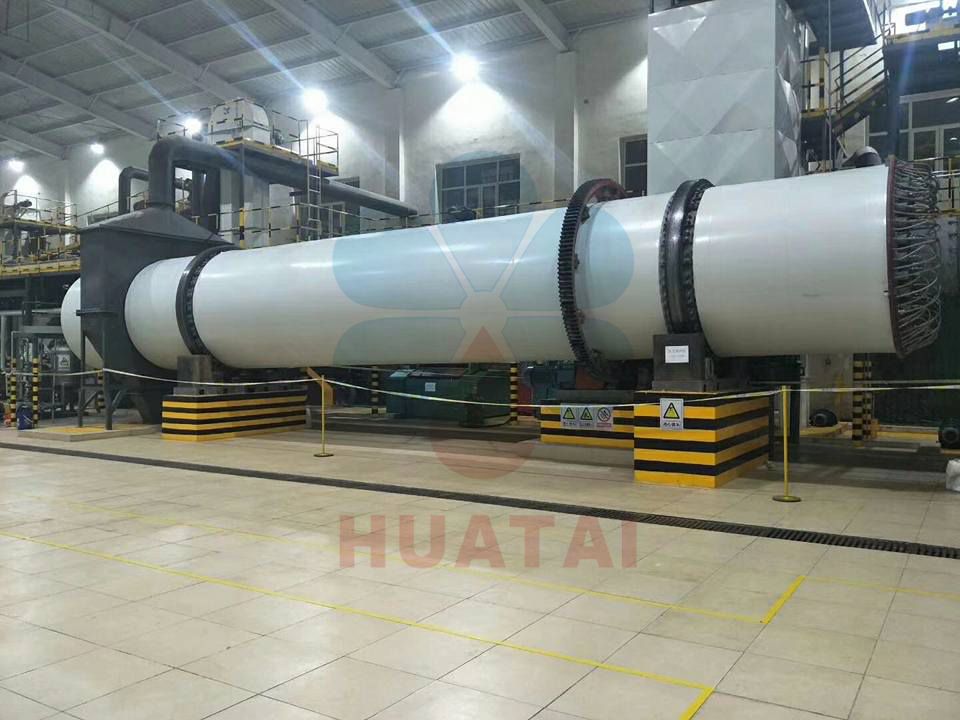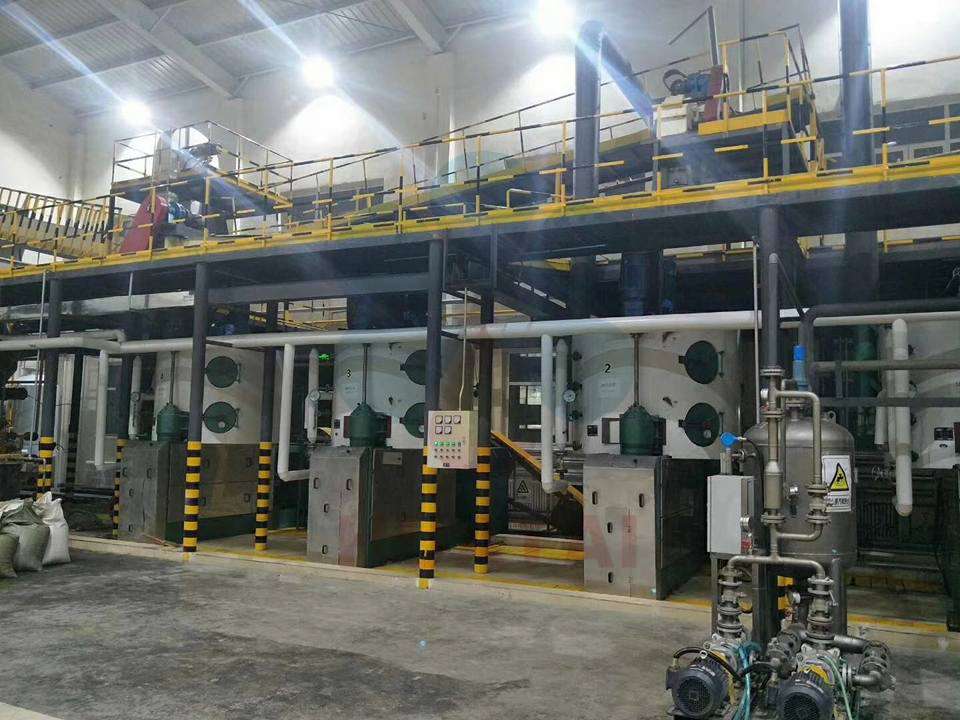Rapeseed is one of China's major oil crops and a significant nectar source. Its primary purpose is to be processed into edible oil for consumption. The oil content of rapeseed varies depending on its type, generally ranging from 37.5% to 46.3%. Common rapeseed processing methods include pressing and solvent extraction. Rapeseed has a high oil content, and to ensure oil quality, large-scale rapeseed processing plants often adopt the pre-pressing-solvent extraction method. This process involves first pre-pressing the rapeseed to extract oil, then crushing the pressed rapeseed cakes and sending them to solvent extraction equipment to extract the remaining oil. This method is known as the pre-pressing and solvent extraction process.

Producing rapeseed oil through solvent extraction leverages the property of oil dissolving in organic solvents. The oilseeds are crushed into flakes or expanded and then brought into contact with organic solvents like hexane within an extractor. This process dissolves the oil from the seeds, and the solvent is removed from the crude oil through heating and evaporation. The resulting crude oil is then refined to produce the final edible oil. Most edible oils in China are made using this solvent extraction method, which has several advantages: low residual oil in the meal, high oil yield, low processing costs, high economic efficiency, and high-quality meal suitable for animal feed, leading to better feeding results.
Solvent extraction machinery manufacturers vary in production capacity, equipment types, models, and numbers, depending on the scale of the oil plant, oil grade, and budget.
Large-scale oil plants require mechanized equipment for raw material cleaning and pre-treatment. Commonly used machinery includes cleaning screens, destoners, flaking mills, crushers, and steaming cookers. These machines remove impurities such as stones and sand from the oilseeds, then break their structure to facilitate oil extraction.
The solvent extraction method uses the property of oil dissolving in organic solvents. Crushed or expanded oilseeds are processed with organic solvents (usually hexane) in extractors to dissolve the oil. Residual oil in the meal can be reduced to less than 1% through heating and evaporation, which removes the solvent.

Refining equipment is crucial for ensuring the quality of edible oil and represents the final stage of edible oil processing. The oil is transported through pipelines to the refining workshop, where processes like degumming, deacidification, decolorization, deodorization, and dewaxing are carried out. The finished product is filtered to meet the national standard for Grade 1 rapeseed oil, significantly improving its quality, shelf life, and safety.
While solvent extraction equipment may vary slightly depending on the type of oil being processed, the general structure is consistent. With many manufacturers on the market, users face a wide range of options, which can also make selection challenging. What defines suitable equipment? Stable and reliable production is a key factor, but finding equipment that guarantees this is not straightforward. Additionally, choosing a manufacturer with strong capabilities is crucial. Reliable manufacturers provide quality equipment, ensuring smooth production. Prospective users are welcome to visit Huatai Oil Machinery for inspection and selection.
Huatai Oil Machinery provides good quality oil mill plant, time & fast delivery, perfect after-sale services, and reasonable price, contact us!
Website: https://www.huataioilmachine.com/Copyright @ Henan Huatai Cereals And Oils Machinery Co.,Ltd.